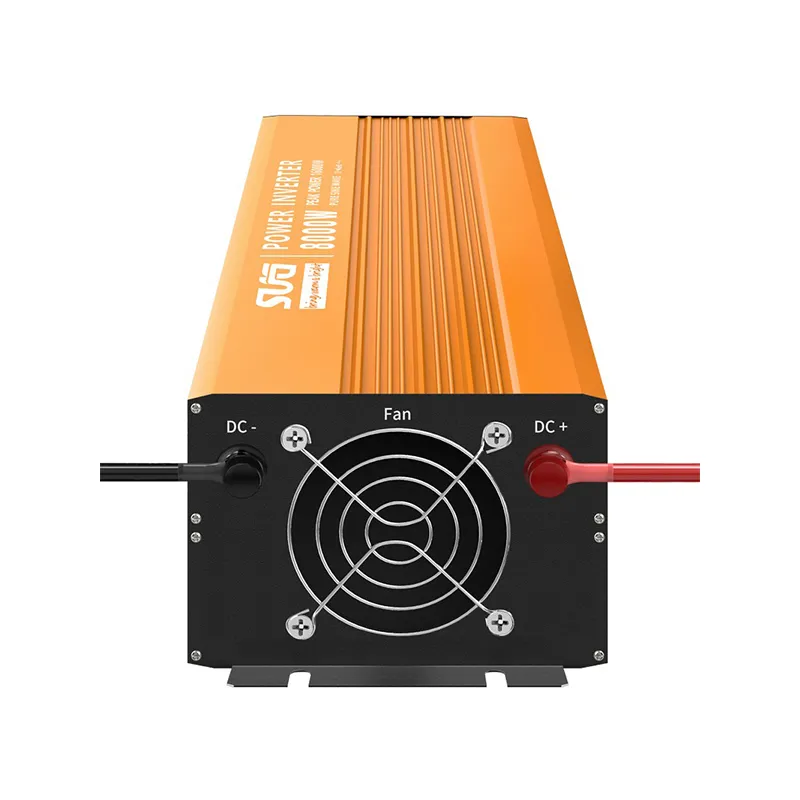Estimating Energy Output of Solar Panels in Kilowatt Hours
The Efficiency of Solar Panels Understanding kWh per Solar Panel
As the world grapples with the pressing need to transition to sustainable energy sources, solar power stands out as a beacon of hope. Solar panels harness sunlight to generate electricity, offering an eco-friendly solution to energy demands. A critical aspect of evaluating the performance of solar panels is understanding their energy output, commonly expressed in kilowatt-hours (kWh) per solar panel. This article explores the significance of this measurement and the factors influencing solar panel efficiency.
What is kWh per Solar Panel?
Kilowatt-hours (kWh) is a unit of energy that quantifies the amount of electricity consumed or produced over time. When discussing solar panels, kWh per panel measures how much electrical energy a single solar panel can generate over a specific period, usually over the course of a day or a year. This metric is crucial for both homeowners and businesses, as it helps in estimating the potential energy savings and return on investment (ROI) from installing solar panels.
How is kWh Calculated?
The energy output of solar panels is influenced by several factors, including the panel's efficiency rating, the amount of sunlight the location receives, shading, tilt angle, and orientation.
1. Panel Efficiency Solar panels are available in different efficiency ratings, typically ranging from 15% to over 22%. Higher efficiency means more electricity is generated from the same amount of sunlight. For example, a 300-watt solar panel operating in full sunlight can produce around 1.2 kWh per day on average, assuming about 4 hours of effective sunlight.
2. Sunlight Availability The geographical location plays an essential role in solar energy production. Areas with more sunshine, such as the southwestern United States, can expect higher kWh outputs from their panels compared to regions with frequent cloud cover or shorter daylight hours.
3. System Design The configuration of the solar panel system also affects output. Properly designed systems that optimize panel placement can minimize shading from trees or buildings, maximizing energy production.
kwh per solar panel

4. Weather Conditions Factors such as temperature, humidity, and atmospheric conditions can influence the amount of sunlight that reaches the panels. While solar panels perform slightly better in cooler conditions, heavy cloud cover will reduce their overall effectiveness.
The Importance of kWh per Solar Panel
Understanding the kWh output of solar panels is critical for several reasons
1. Cost Analysis By knowing how much energy a solar panel will produce, homeowners can estimate their electricity cost savings and determine how long it will take for the system to pay for itself. This helps in making informed decisions about financing and purchasing solar systems.
2. System Sizing Those looking to install solar panels need to consider their energy needs. Knowing the kWh output allows for the appropriate sizing of systems to ensure they meet the household’s or business's energy demands effectively.
3. Environmental Impact By converting sunlight into electricity, solar panels help reduce reliance on fossil fuels, thus lowering greenhouse gas emissions. Understanding kWh production helps quantify the environmental benefits of solar energy adoption.
4. Informed Policy Making Organizations and governments can use aggregated kWh data from numerous installations to evaluate the effectiveness of renewable energy programs, plan for future energy needs, and implement measures to encourage solar adoption.
Conclusion
In conclusion, the kWh produced per solar panel is a vital Measure of efficiency and productivity that aids individuals and businesses alike in their transition to sustainable energy sources. By considering factors affecting energy output, prospective solar panel owners can make educated decisions that maximize their investment and contribute positively to the environment. As technology advances and more efficient panels hit the market, the potential for solar energy continues to grow, paving the way for a greener future.
-
Understanding the Advantages of Solar String Inverters for Your Energy SystemNewsApr.29,2025
-
Choosing the Right PV Inverter: A Comprehensive GuideNewsApr.29,2025
-
The Future of Solar Power: Exploring Bifacial Solar PanelsNewsApr.29,2025
-
The Complete Guide to Solar Panels: Efficiency, Cost, And InstallationNewsApr.29,2025
-
The Best Options for Efficiency and Cost-EffectivenessNewsApr.29,2025
-
Harnessing the Power of Off-Grid Solar Inverters for Energy IndependenceNewsApr.29,2025







